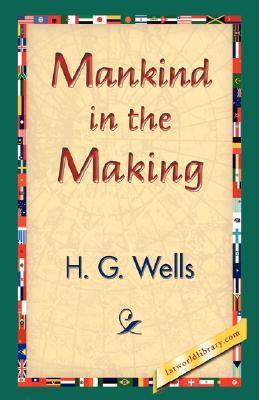What do you think?
Rate this book


296 pages, Hardcover
First published January 1, 1903
my style at its worst and my matter at its thinnest, and quoting it makes me feel very sympathetic with those critics who, to put it mildly, restrain their admiration for me.